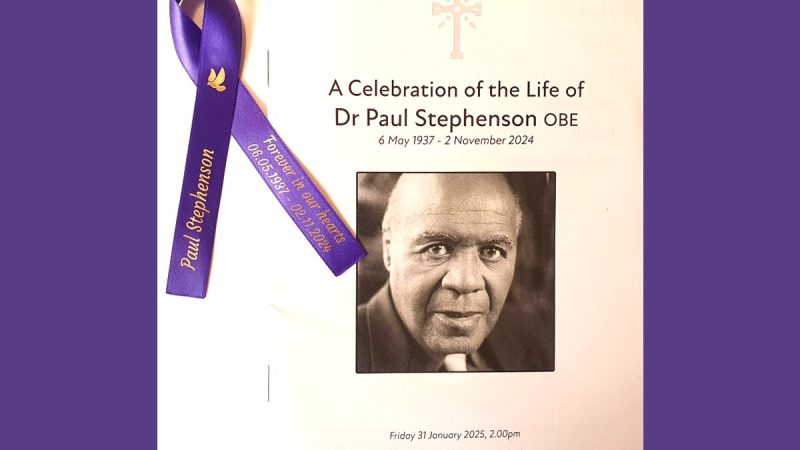Black families will lose out in tax & spending plans

Black families, Female lone parents, severely disabled people and families with more than three children will lose out the most in terms of household income due to tax and spending policies between 2010 and 2022 according to a new report published by the Equality & Human Rights Commission (EHRC). Their report also predicts that child poverty in Scotland will have increased by 8% by 2021–22, resulting in around 80,000 more children in poverty.
EHRC research estimates that household income in Scotland will drop by:
- 8.5% for Scotland’s poorest families
- 8% for larger families
- 7.8% for female lone parent households
- 6.5% for black households
- 5% for severely disabled people
- 4% for younger people
The impact of tax, spending and public service cuts is uneven across Scotland’s communities:
- The biggest losers are families with at least one disabled adult and one disabled child, who stand to lose £5,000 year on average due to tax and welfare reforms. This is equivalent to one-tenth of their income.
- White households are predicted to lose on average £550 between 2012–2022, while black households lose over £2,900 and Asian households lose an average of £1200.
- Women will lose an average £250 a year, compared to £40 for men, rising to over £1,200 for women in the 35–44 age group (when they are most likely to be raising children) compared with less than £350 for men.
John Wilkes, EHRC Head of Scotland, yesterday said:‘The findings show just how stark and how unequal the combined impact of the recession, austerity and public spending cuts have been.
‘Using this new approach to assess the combined impact of tax and spend policy reveals that it is the most marginalised who suffer the most.
‘We already know that ethnic minorities, disabled people, and lone parents are much more likely to live in poverty than other Scots, and face far higher than average unemployment.
‘What this research clearly shows is that we can and must consider the different impacts on different groups before we make major policy changes.
‘Otherwise we risk increasing the inequalities in our society. Positive policies in Scotland such as mitigating effects of some social security changes has saved many from even greater income losses.’
The report compares the impact across Scotland, England and Wales.
It might be considered that Scotland has adopted the most progressive policies – such as taking steps to reduce the impact of the ‘bedroom tax’.
As a result, household income reductions are smaller in Scotland than in England and Wales. Total household income in England is projected to fall by £1,450 between 2011 and 2022, compared to £200 in Scotland and £470 in Wales.
Furthermore, spending on both early years and housing in Scotland has increased substantially (by 50% and 30% respectively) whilst falling elsewhere.
However, the Scottish government’s spending policies haven’t been able to reduce the negative impact of all the tax and social security decisions made by the UK government.
One of the report’s authors, Howard Reed, who presented the findings to the Scottish Parliament, yesterday said:
'This research shows that the combined impact of tax and social security reforms since 2010 has hit the poorest households in Scotland hardest and has also had detrimental effects for particular kinds of families, especially women, lone parents and households with three or more children, black households, and households with severely disabled people.
‘The Scottish government’s own spending choices have mitigated some – but not all – of the adverse consequences of the tax and social security decisions made by the UK government in Westminster.'
The report makes a number of recommendations, including:
- The UK government should consider taking steps to reduce the disproportionally negative impact of tax and spending changes on some groups.
- The Scottish government should continue to take steps to reduce the negative impact of tax and spending changes, for example, through social security and spending policies.
- Both governments should take into account the impact of future spending plans on poorer households and protected groups. Both governments should ensure spending plans are accompanied by equality impact assessments and are compliant with the Public Sector Equality Duty and subject to scrutiny.
About the report
This report summarises the main findings for Scotland from a cumulative impact assessment (CIA), carried out in 2017 to 2018, of the impact on protected groups under the Equality Act 2010 of:
- changes to the tax and social security (welfare) systems in England, Scotland and Wales since 2010
- changes in public spending on other services such as health, education and social care since 2010
The CIA was undertaken by Landman Economics and Aubergine Analysis.
The two reports from the full England, Scotland and Wales CIA which this report is drawn are available on the EHRC website:




